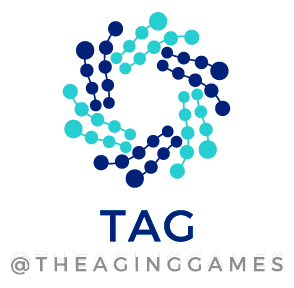Our culture is very ingrained in using bleach, disinfectants, and other harsh chemicals to make sure all bacteria, germs, and pathogens are knocked out dead in their tracks. Unfortunately, some ingredients in these products are actually harmful to our health. They can confuse our immune system and cause harmful bacteria (and other harmful microbes) to mutate, allowing them to become stronger.
The harsh chemicals found in everyday cleaning products can also interfere with our natural immunity by overstimulating our immune systems or interfering with healthy hormonal activity; and as we age, the effects of this become even more apparent and harmful. Here are some things to know about how common chemicals you may have in your home cause hormonal disruptions and make your menopausal symptoms worse.
Chlorine and Phosphoric Acids in Cleaning Products
Chlorine and phosphoric acids are commonly used in cleaning products and can lead to cell dehydration and interfere with natural hormonal action as they affect the thyroid. As we age, the organs become more fragile and the need to take care of them becomes more important. Anyone who has experienced low thyroid with age is familiar with symptoms that seem to be associated with premature aging, including frizzy hair and unexplained weight gain. In terms of menopause, it can make you feel even more tired.
There are many household products that are used, and each one has potentially harmful chemicals. While one product, once in a while may not be that bad, toxins from product use accumulate, which are the culprits that can overwhelm your organs, disrupt your hormones and cause premature aging and various illnesses.
Parabens in Skin Creams
Although parabens are commonly used as preservatives in many different skin care products, they are considered a human toxin, and the effects of prolonged exposure are still unknown. Parabens interfere with natural hormonal activity by mimicking the female hormone estrogen. This can lead to reproductive issues for both men and women.
BPA in Plastic
Polycarbonate is a type of plastic used in many plastic bottles and containers. Bisphenol A, or BPA, is a chemical used to make polycarbonate. BPA has been linked to an increased risk of ovarian cancer as well as thyroid disorders. Studies show it interferes with the actions of estrogen, which can contribute to hormone disruption and menopause symptoms.
While BPA has been removed from many consumer products, other chemicals found in plastic may also be cause for concern. Whenever possible, it is best to use glass containers that do not leach chemicals into your food.
Learn How To Better Manage Menopause Symptoms Today
Making your own cleaning products and reducing your exposure to chemical-based toxins are some of the ways that you can improve your hormone balance. However, there are many other ways to manage any negative menopause symptoms you’re experiencing and to embrace aging. Check out the Age Defying Video Program to learn what you can do to manage menopause symptoms effectively.










